Can a Person Drink an Alcoholic Beverage While Driving a Car?
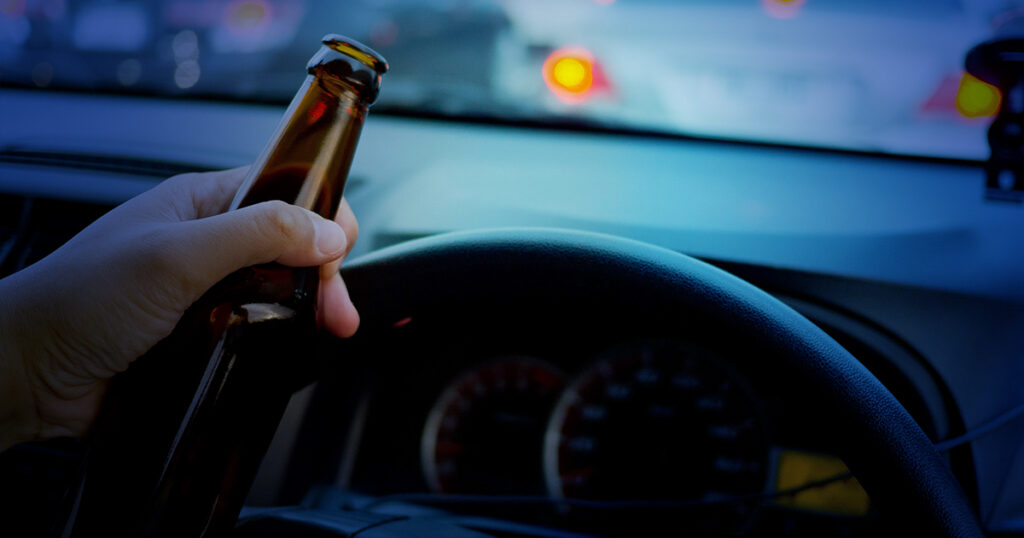
Under no circumstances is it permissible to drive a vehicle while drinking or consuming an alcoholic beverage. But did you know you cannot even possess the open container of alcohol in a car? Neither the driver or any passengers are allowed to consume or possess open containers of alcohol in a car. New York has
Boating While Intoxicated Lawyer

New York Boating While Intoxicated (BWI) Lawyer Every driver should be aware of New York’s DWI (driving while intoxicated) charge, and the penalties upon conviction for this charge. Nearly every driver is aware of the DWI charge, many may not know about the many related charges. New York law defines many DWI-related charges, including charges
DWAIs Explained
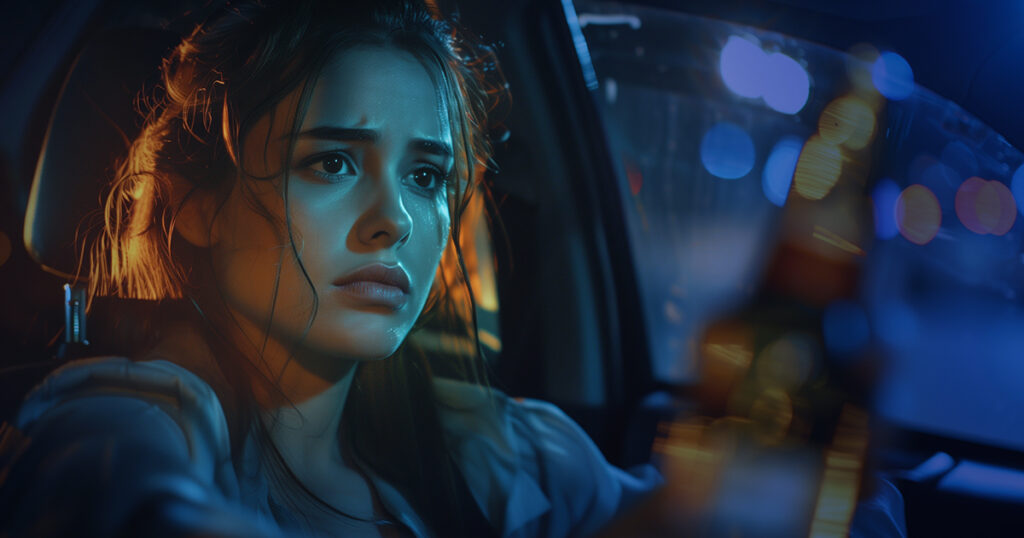
Understand DWAI charges in New York – Driving While Ability Impaired Driving While Ability Impaired (DWAI) is a New York state infraction that occurs when a driver is operating a vehicle while impaired by alcohol or drugs. If you’ve been ticketed, you may need help to navigate these severe charges that put you at risk
What are the Potential Defenses to DWI?
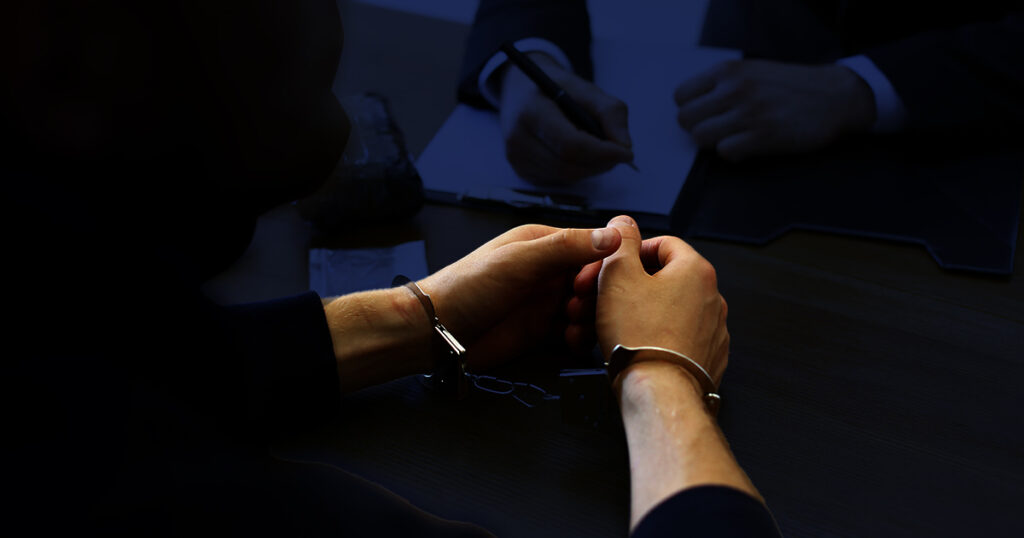
Individuals charged with a DWI in New York State face up to 364 days in jail, three (3) years’ probation, six (6) month revocation of their driver’s license, mandatory installation of an ignition interlock device in any vehicle they own or operate, mandatory completion of the Impaired Driver Program through the New York State Department
Gun Control Laws and DWI Offenders
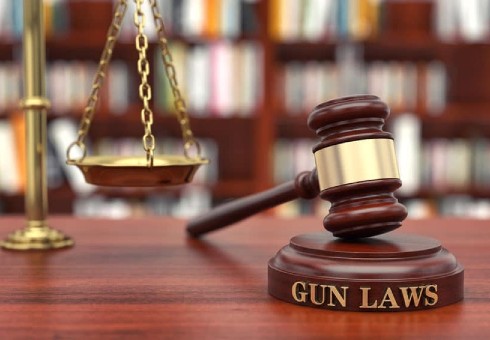
New York City requires residents to have a gun permit to own a handgun legally, but the law is administered so stringently that virtually no residents of New York City other than retired police officers are able to get a permit. It costs $431.50 just to apply for a handgun license (including fingerprinting charges), the
Breathalyzers And The Mouth Alcohol Defense
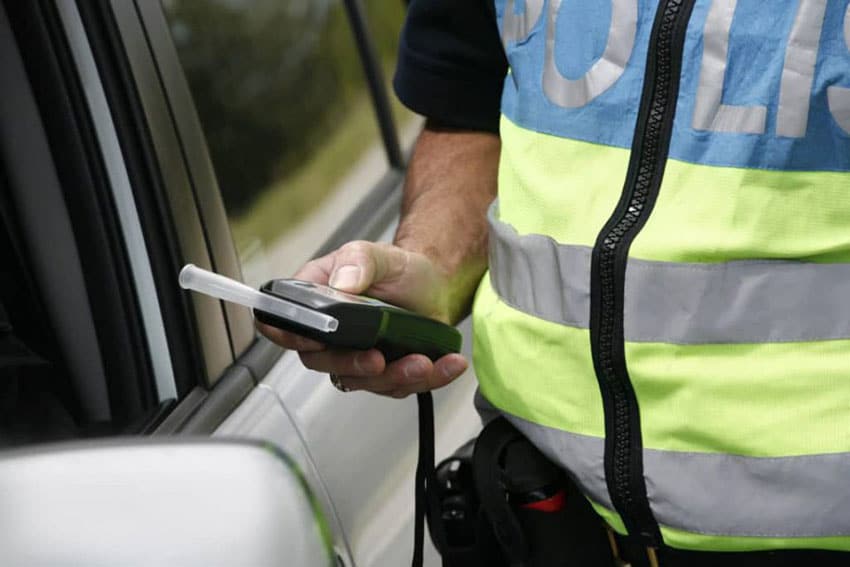
When a driver is suspected of committing a DWI offense, he or she may be given a breath test on a device known as the Breathalyzer to determine their blood alcohol concentration (BAC). Many law enforcement officials make use of the Breathalyzer machine in DWI cases because it is able to give a direct digital
Six Ways DWI Can Destroy Your Career

Following an arrest for DWI, your first concern is surviving the booking and arraignment process. Immediately, an issue with your driver’s license comes up. At time of arrest, your drivers’ license and driving privileges get suspended. You have 15 days from the date of the arrest to seek a hearing on the license suspension or
Synthetic Drugs and DWI Law in New York
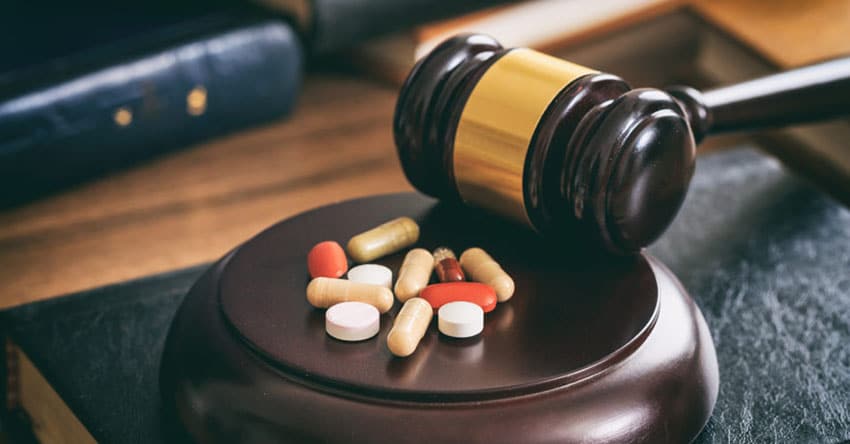
While many DWIs occur when an individual is intoxicated because of alcohol, New York DWI law also prevents drivers under the influence of certain drugs from operating a vehicle. The list of drugs that New York prevents drivers from using while operating a vehicle is extensive and includes opiates, depressants, stimulants and, hallucinogens. Even if
5 Factors That Will Help You Prevent Your Child From Driving Drunk
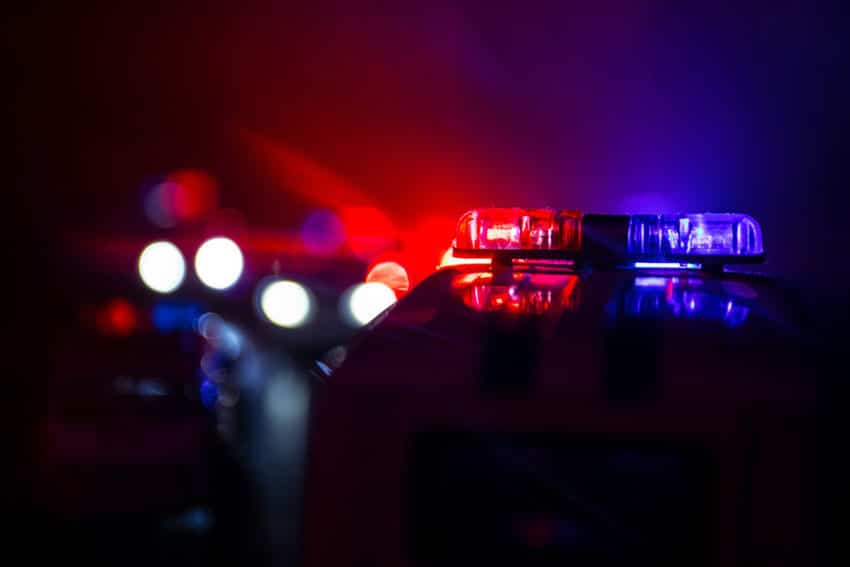
DWI is a dangerous game and a game that is often played by participants who rarely have the mental capacity (at least at the time of deciding to play) to make that decision. Don’t let your children fall prey to the dangers of drunk driving or even the dangers of drunk driving prevention because both
Self-Incrimination in DWI Cases
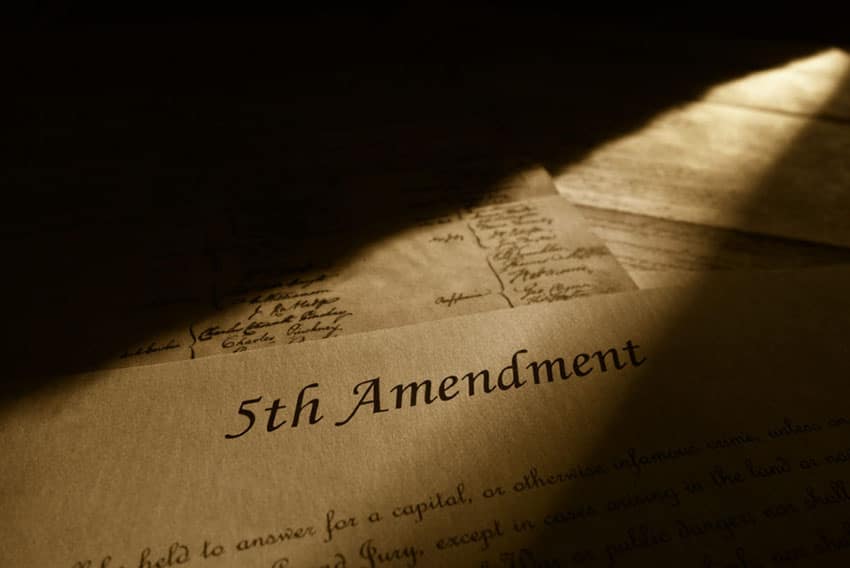
The Fifth Amendment’s right against self-incrimination forbids the government from compelling an individual to provide a testimonial or communicative evidence that could be used to incriminate that individual. The right against self-incrimination may be claimed in any circumstance where the government seeks to compel a response about a crime, whether by legal process or through






